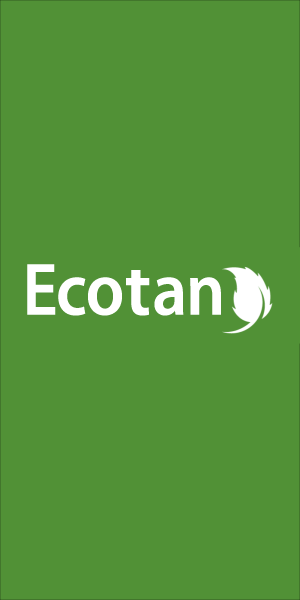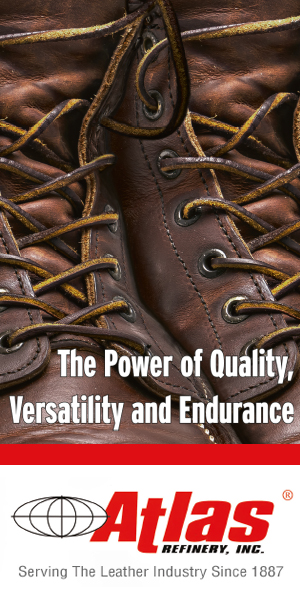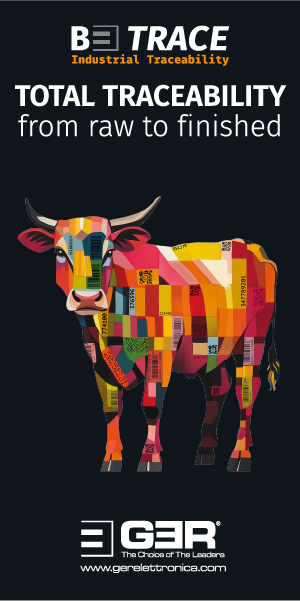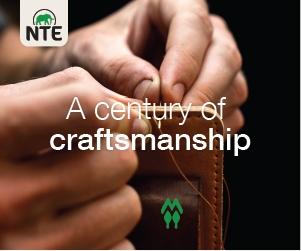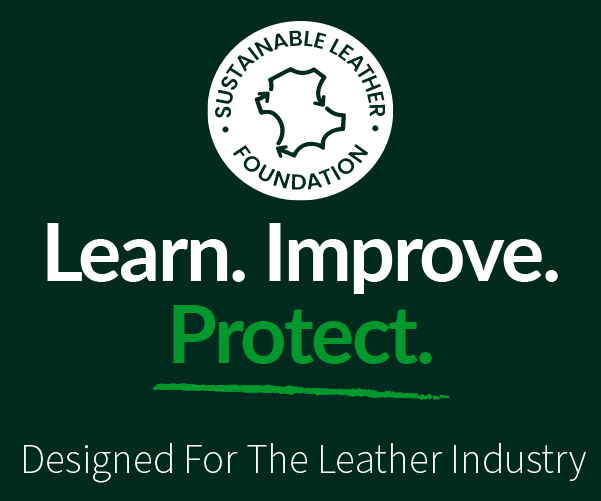Clamping down on ‘vegan’ bandwagon

The LHCA has called on the Federal Trade Commission to publish stricter rules in its Green Guides for companies that try to pass plastics off as better for the environment than leather.
The US Federal Trade Commission (FTC) has noted an increasing number of consumers interested in buying “environmentally friendly” goods, and has asked for public feedback on updating its Guides for the Use of Environmental Marketing Claims (known as Green Guides). Launched in 1992 – and updated in 1996, 1998 and 2012 – the aim is to help companies avoid making claims that are unfair or deceptive. They are not federal regulations in themselves but clarify when companies’ marketing violates federal law. “Consumers are increasingly conscious of how the products they buy affect the environment and depend on marketers’ claims to be truthful,” says Bureau of Consumer Protection director Samuel Levine.
The Leather and Hide Council of America (LHCA) believes the guidelines need updating to reflect developments in environmental science and technology, including the increased application of lifecycle assessments. This, the LHCA believes, would help address greenwashing and the use of vague or misleading terminology by products purporting to be 'green’. The guidelines should also consider the environmental impact of a product throughout its entire lifecycle through to its disposal to provide a correct accounting of its environmental footprint.
In his submission to the FTC, LHCA president Stephen Sothmann explains how the leather supply chain is "keenly aware" of the impact deceptive marketing practices can have on consumer behaviour and buying decisions and how, every year, US hides and skins derived from food-producing animals are wastefully disposed of in landfills or incinerators. This not only affects the environment by releasing carbon that has been sequestered by the hides and skins back into the atmosphere but also damages the climate during production of the oil-based plastics.
Mr Sothmann said: “The consumer is being misled by greenwashing claims, particularly in the textiles sector that's driven by petroleum-derived synthetics, which often masquerade their products as being "green" or good for the environment. They do this by using vague or opaque language in their marketing materials, terms such as vegan leather, cruelty-free leather, plant-based leather or ecoleather, masking that they are actually made with plastic.”
Brands have been so successful in reorientating the fashion business around products made of virgin plastic that they have had to turn to the developing world for waste management, polluting local communities and contravening international agreements on the control of hazardous waste, he adds.
Carte blanche
While the most recent revision of the guides does warn businesses about making any unqualified general environmental benefit claims, the omission of key terminology has emboldened some businesses to make unsubstantiated claims of a product or textile’s sustainability. “This regulatory vacuum undoubtedly harms consumers and businesses but it also stands in the way of appropriate private-sector solutions to environmental hazards, leaving well-intentioned market participants searching for real science-based tools,” says Mr Sothmann.
LHCA takes a particularly strong stance against the word ‘vegan’, which is being used on a multitude of products to promote the idea of being animal and planet-friendly. “I am not aware of any certification schemes that would provide consumers with the assurance they may want or need to justify that a material is indeed vegan,” Mr Sothmann tells World Leather. “For example, if the material is plant-based, did the plant producers use pesticides or other chemicals to kill animals during production? If so, this should be disclosed, or the label should include additional justification behind the claim. Currently, companies have carte blanche to use these descriptors in any way they deem fit.”
In the absence of guidance on the precise conditions that could substantiate a sustainable or vegan claim, he recommends the commission explicitly dissuade business in non-food sectors from using these claims.
Fines issued
The FTC extended the deadline for public feedback and has organised webinars to discuss the terms ‘recyclable’ or ‘recycled content’. It also anticipates discussion and feedback around carbon offsetting, ‘compostable’, ‘degradable’, ‘ozone-friendly, ‘organic’ and ‘sustainable’, with more than 7,500 public comments received so far.
Each year, companies are sued for breaching the rules. Retailers Kohl’s and Walmart were fined $2.5 million and $3 million respectively for marketing rayon textile products as bamboo. Both were also charged with making deceptive environmental claims, suggesting “bamboo” textiles were made using ecofriendly processes while, in reality, converting bamboo into rayon requires strong chemicals and results in hazardous pollutants.
While this can act as a deterrent, there are many examples of companies circumnavigating the advice. The FTC has asked whether the guides are necessary; LCHA believes that so long as the Commission is tasked with the authority to put forward “rules which define the specificity acts or practices which are unfair or deceptive acts or practises in or affecting commerce”, the guides are the proper avenue for federal influence over disparate industries. There has been no deadline announced for the updates to be published, but observers suggest the consultation period will extend throughout this year, at least.
“We believe it's important to take a stand on behalf of naturally derived materials, and the consumer, and call for an end to greenwashing in marketing that's responsible for causing so much confusion and damage to the environment,” concludes Mr Sothmann.
Credit image: Shutterstock.com








